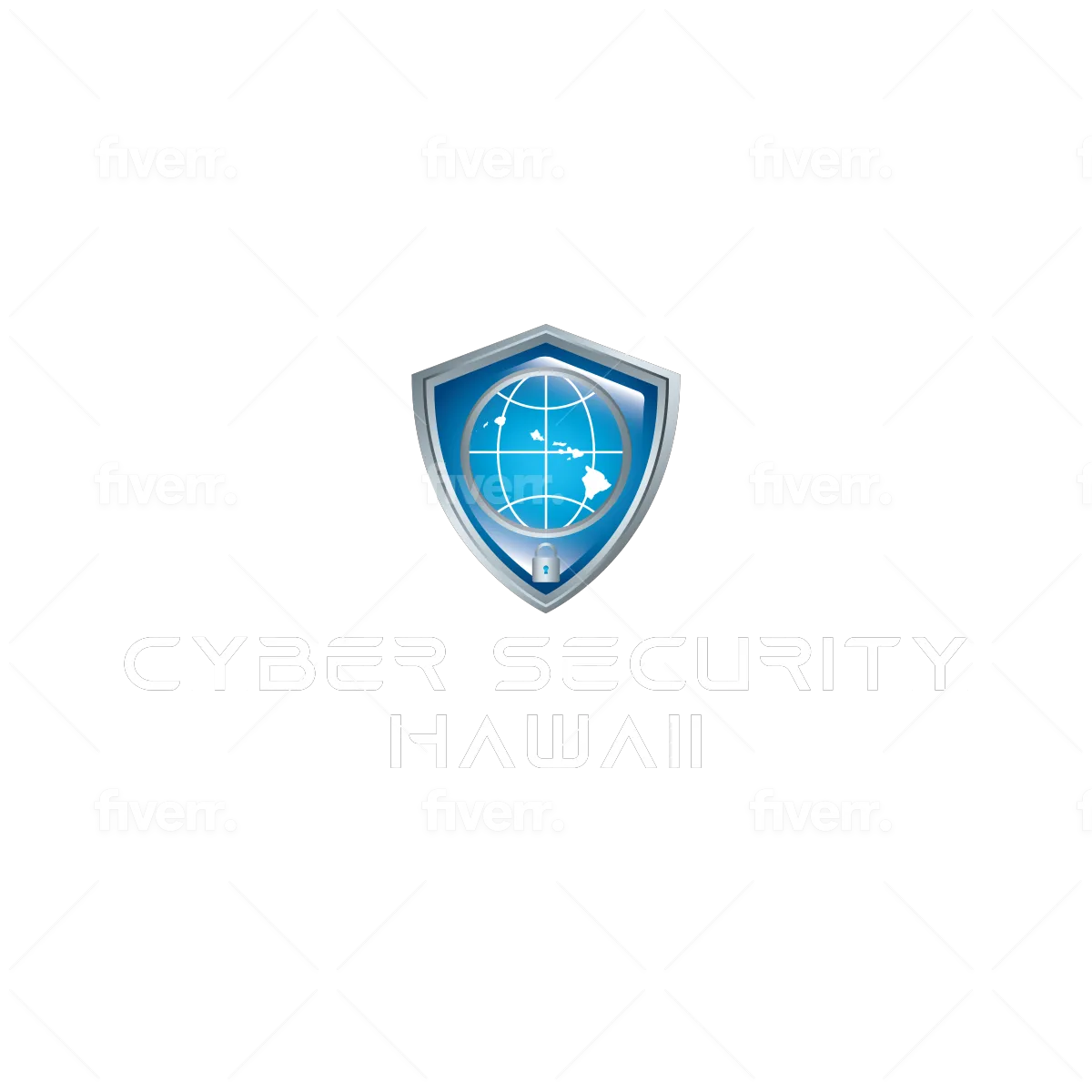In today's digital world, where communication is paramount and data breaches are a constant threat, your email service is more than just a tool for sending messages. It's a reflection of your professionalism, a safeguard for sensitive information, and a critical component of your business infrastructure. For professionals, especially those operating independently or managing small businesses, relying on freemail services like Gmail, Outlook.com, or Yahoo Mail can be a risky gamble with potentially devastating consequences. While these platforms offer convenience and familiarity, they often fall short when it comes to the robust security features and data privacy controls that businesses need to thrive in the modern digital landscape.
The Allure of Free: A False Sense of Security
Freemail services have undeniable appeal, especially for individuals and small businesses looking to minimize costs. However, this perceived cost-effectiveness often masks hidden costs that can far outweigh any initial savings.
Limited Security Features: Freemail providers typically prioritize basic functionality over advanced security measures. This leaves your data vulnerable to a wide range of cyber threats, including phishing attacks, malware infections, and data breaches. While basic spam filters and antivirus scans may offer some protection, they are often insufficient to defend against sophisticated attacks that can compromise your business and your clients' sensitive information.
Data Privacy Concerns: Freemail providers often operate on a "data-for-service" model, collecting and analyzing user data to serve targeted advertising. This raises serious privacy concerns, especially for professionals handling confidential client information, such as financial records, medical histories, or legal documents. Data breaches at freemail providers can expose your clients' sensitive data to unauthorized access, potentially leading to legal liabilities and reputational damage.
Lack of Control and Support: With freemail, you relinquish control over your data and often rely on generic support channels for assistance. This can be problematic when facing technical issues or security incidents that require immediate attention. Limited support options can lead to frustrating delays and disruptions to your business operations.
Unprofessional Image: Using a freemail address for business communication can project an unprofessional image and undermine client trust. In a world where first impressions matter, a generic email address like [email address removed] can diminish your credibility and make it harder to stand out from the competition. A professional email address with your domain name, on the other hand, reinforces your brand identity and instills confidence in your clients.
The Power of Professional Email: Investing in Security and Trust
Investing in a professional email solution is an investment in your business's security, reputation, and long-term success. Unlike freemail services, professional email platforms prioritize security and offer a comprehensive suite of features designed to protect your data and enhance your communication.
Enhanced Security: Professional email platforms employ advanced security measures to safeguard your data from cyber threats. These features may include:
Advanced Threat Protection (ATP): ATP utilizes machine learning and artificial intelligence to detect and block sophisticated threats like phishing emails, malware, and spam.
Encryption: Encryption scrambles your data, making it unreadable to anyone who doesn't have the decryption key. This protects your sensitive information both in transit (while being sent or received) and at rest (while stored on servers).
Multi-Factor Authentication (MFA): MFA adds an extra layer of security by requiring a second form of verification, such as a code sent to your phone or a fingerprint scan, in addition to your password.
Data Loss Prevention (DLP): DLP tools help prevent sensitive data from leaving your organization's control, whether intentionally or accidentally.
Data Privacy: Reputable professional email providers prioritize data privacy and comply with industry regulations, such as GDPR and HIPAA. They offer transparent data handling practices and give you greater control over your data.
Dedicated Support: Professional email solutions come with dedicated support channels, providing prompt and personalized assistance when you need it. This ensures that technical issues and security incidents are addressed quickly and efficiently, minimizing disruptions to your business operations.
Branding and Control: A professional email address with your domain name enhances your brand image and gives you greater control over your email communication. It allows you to create a consistent brand identity across all your communication channels and reinforces your professionalism.
Real-World Risks: Why Professionals Can't Afford to Gamble with Freemail
For professionals handling sensitive information, such as real estate agents, financial advisors, and healthcare providers, the risks of using freemail are simply too high. As Don Mangiarelli of Cyber Security Hawaii points out, "Real estate professionals routinely exchange sensitive client data, including names, addresses, phone numbers, email addresses, and even Social Security numbers. Freemail services simply don't offer the robust data protections and security monitoring necessary to safeguard this information."
This lack of adequate security leaves professionals vulnerable to Business Email Compromise (BEC), a prevalent attack vector where hackers gain unauthorized access to email accounts to steal data, manipulate transactions, or spread malware. The consequences of a BEC attack can be devastating, leading to financial losses, reputational damage, and even legal liabilities for the business owner.
"It's not just about protecting your clients' data," adds Mangiarelli. "It's about protecting your business from the potentially crippling consequences of a data breach."
Beyond the Basics: Advanced Features for Enhanced Productivity and Collaboration
Professional email solutions often go beyond basic email functionality, offering advanced features that can streamline your workflow, enhance collaboration, and boost productivity.
Integrated Calendars and Contacts: Manage your schedule and contacts seamlessly with integrated calendars and contact management tools.
Collaboration Tools: Collaborate effectively with colleagues and clients using shared calendars, task lists, and document sharing features.
Mobile Access: Access your email and other productivity tools from anywhere, anytime, with mobile apps for iOS and Android devices.
Archiving and Compliance: Meet regulatory compliance requirements with robust archiving and eDiscovery features.
The Real Cost of Freemail: A Case Study
Consider the case of a real estate agent who relies on a freemail service for their business communication. They regularly exchange sensitive client information, including financial documents, personal details, and property listings.
One day, their email account is compromised through a phishing attack. The attacker gains access to their inbox and all their emails, including those containing sensitive client data. The attacker then uses this information to launch further attacks, potentially targeting the agent's clients or using their information for identity theft.
The consequences for the real estate agent are severe:
Reputational Damage: Clients lose trust in the agent's ability to protect their information, potentially leading to lost business and negative reviews.
Financial Loss: The agent may be liable for financial damages incurred by their clients due to the data breach.
Legal and Regulatory Penalties: The agent may face fines and other penalties for violating data privacy regulations.
This scenario highlights the real cost of freemail for professionals. While the initial cost may be zero, the potential consequences of a security breach can be devastating.
Choosing the Right Professional Email Solution
When selecting a professional email solution, consider the following factors:
Security Features: Look for a provider that offers advanced security features like ATP, encryption, MFA, and DLP.
Data Privacy: Choose a provider that prioritizes data privacy and complies with relevant industry regulations.
Storage Capacity: Select a plan with sufficient storage capacity to meet your needs.
Support: Ensure the provider offers responsive and reliable support channels.
Pricing: Compare pricing plans and choose one that fits your budget.
Integration: Consider whether the email solution integrates with other business tools you use.
Popular professional email solutions include:
Microsoft 365: Offers a comprehensive suite of productivity tools, including email, calendar, and office applications, with robust security features.
Google Workspace: Provides a cloud-based email and collaboration platform with a focus on productivity and mobility.
Zoho Mail: Offers a secure and affordable email solution with a range of features for businesses of all sizes.
The Bottom Line: Invest in Security, Invest in Trust
For professionals, especially those handling sensitive client data, freemail is simply not worth the risk. Investing in a professional email solution is a crucial step in protecting your business, your clients, and your reputation. It's a statement that you take security and privacy seriously, and it demonstrates your commitment to providing a professional and trustworthy service.
Take Action Today!
Don't wait until it's too late. Schedule a free 15-minute strategy session with a cybersecurity expert from Cyber Security Hawaii today and learn how to protect your business with a secure and professional email solution.
Schedule your session here




